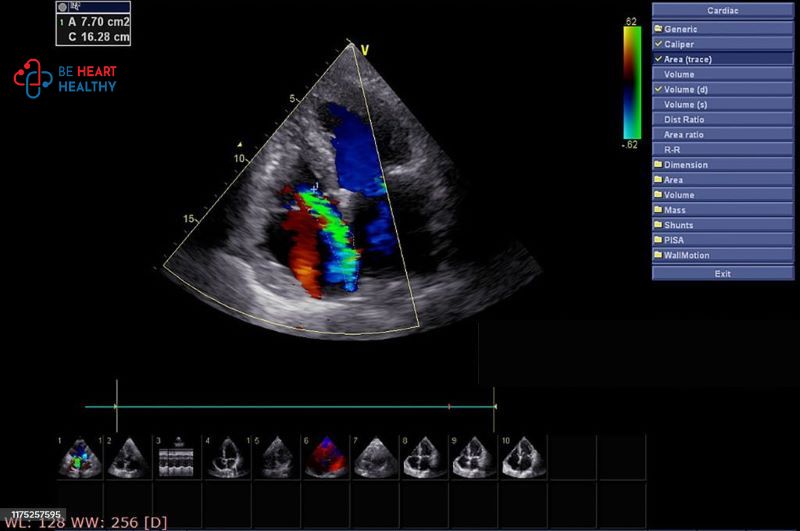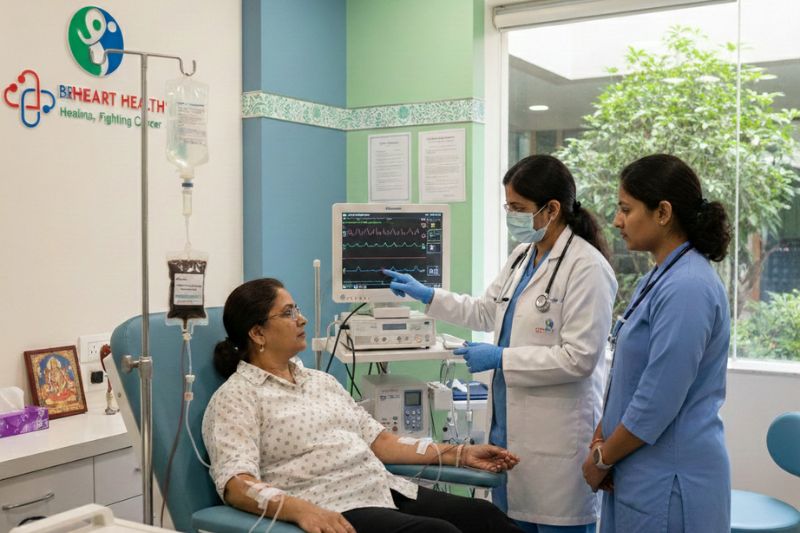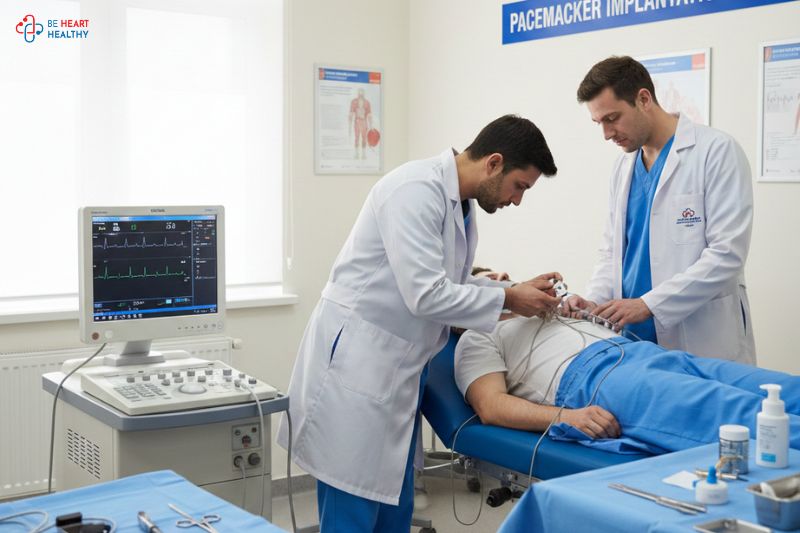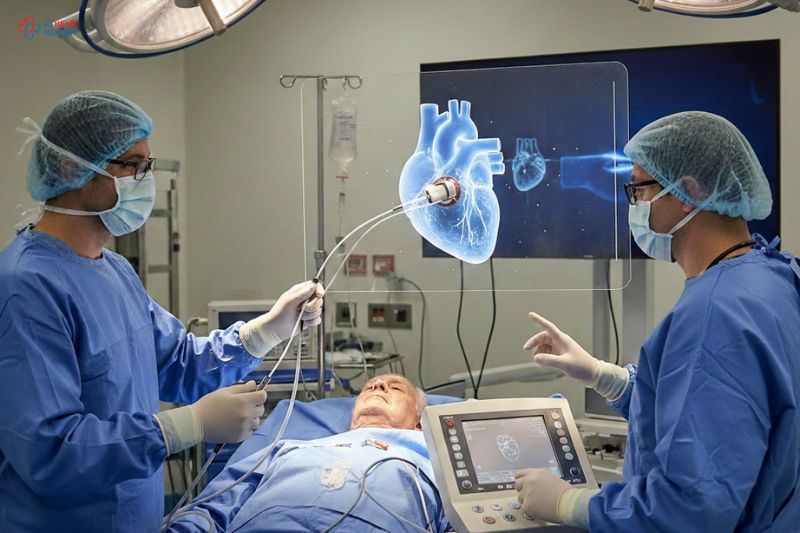Understanding Heart Valve Disease Treatment
Heart valve disease treatment depends on the severity of the condition and the specific valve affected. If left untreated, it can lead to serious complications, including heart failure. Treatment options range from lifestyle modifications and medications to minimally invasive procedures and open-heart surgery. The primary goal is to improve heart function and alleviate symptoms, ensuring a better quality of life for the patient.
Heart Valve Disease Causes and Symptoms
Heart valve disease causes and symptoms vary based on the type of valve affected. The condition may develop due to congenital defects, infections such as rheumatic fever or endocarditis, age-related degeneration, or underlying cardiovascular diseases.
Common symptoms include shortness of breath, fatigue, chest pain, palpitations, and swelling in the legs. Some patients may remain asymptomatic in the early stages, making regular check-ups crucial for early detection and effective treatment.
Heart Valve Replacement: When Is It Necessary?
Heart valve replacement is considered when the affected valve is too damaged to be repaired. This procedure involves replacing the malfunctioning valve with either a mechanical or a biological valve. Mechanical valves are durable but require lifelong blood thinners, while biological valves, made from animal or human tissue, do not require anticoagulation but may need replacement after 10–15 years.
Minimally invasive techniques, such as Transcatheter Aortic Valve Replacement (TAVR), have revolutionized heart valve replacement, offering quicker recovery times and fewer complications for eligible patients.
Heart Valve Disease Surgery: What to Expect
Heart valve disease surgery is recommended for patients with severe valve dysfunction causing significant symptoms or reduced heart function. Traditional open-heart surgery involves a sternotomy, where the chest is opened to access the heart. However, advancements in medical technology now allow for minimally invasive procedures, reducing hospital stays and recovery times.
Patients undergoing heart valve disease surgery should discuss with their doctor the risks, benefits, and available surgical options to determine the best course of action for their condition.
Conclusion
Heart valve disease is a serious condition that requires timely intervention. Whether through medication, lifestyle changes, or surgical procedures, effective treatment can significantly improve heart health and overall well-being. If you or a loved one are experiencing symptoms, consult a specialist to explore the best heart valve disease treatment options available.



